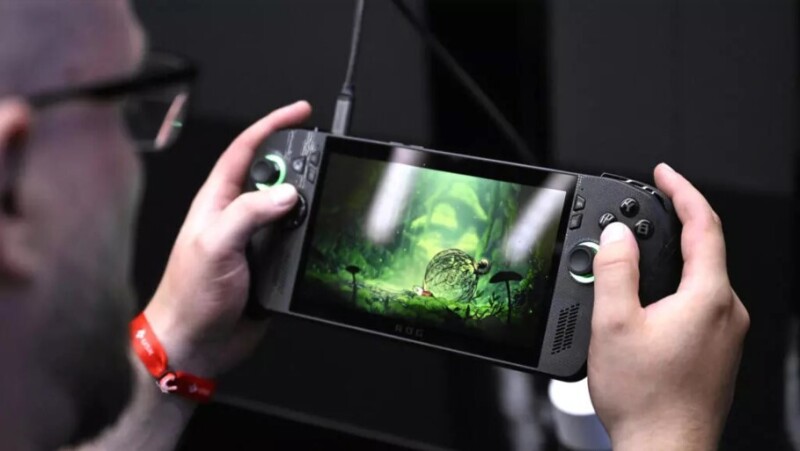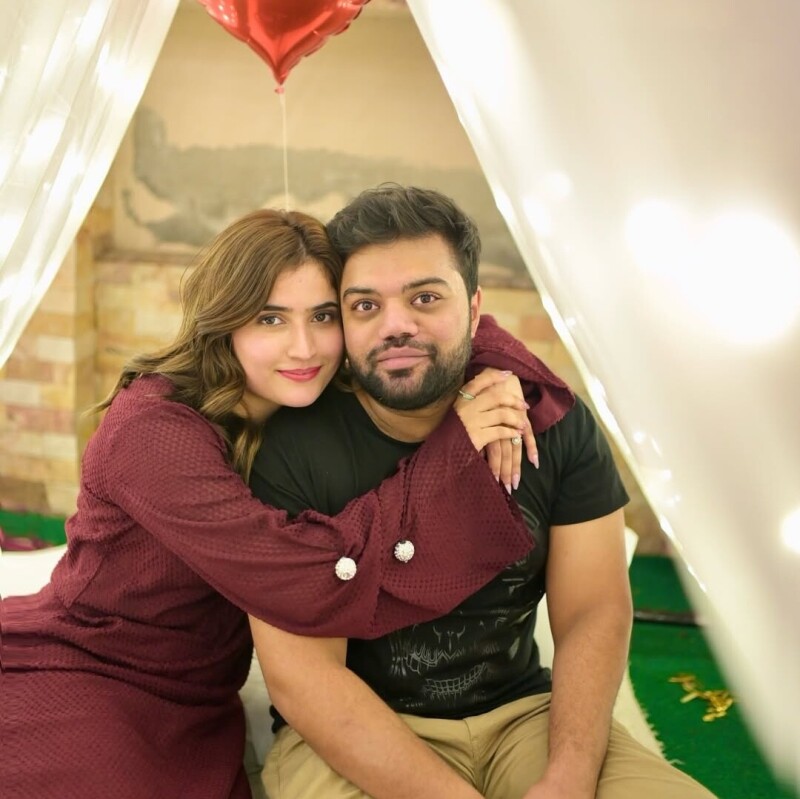Zeenat Aman remembers Nazia Hassan as the young Pakistani girl who revolutionised the way South Asians disco
Bollywood icon Zeenat Aman recently took to Instagram to celebrate 44 years of Qurbani and reminisce about the time her fate was intertwined with that of the late Pakistani pop sensation, Nazia Hassan.
In a heartfelt Instagram post, Aman recalled her chance encounter with Nazia and her brother-cum-partner Zoheb Hassan, which later shaped the trajectory of their careers.
It all began on a weary evening in London, where Aman found herself approached by a polite yet persistent Pakistani family. Despite her fatigue from the day’s shoot, she extended a courtesy to the family that soon joined her in her hotel suite.
“There was a family of three waiting for me in the lobby of my London hotel, but I was not keen to make small talk with fans. I had just wrapped a day of shoot, and all I wanted was silence, a hot shower and my bed,” recalled Aman.
“Yet my convent school education would not allow me to be rude. So I smiled sweetly and took a seat with my thoughts wandering to the luxurious suite that awaited me just a few floors above,” she added.
“The lady was elegant. Her name was Muniza. And with her were her two teenage children. A quiet girl named Nazia and a boy named Zoheb. I hadn’t planned to entertain them for long but soon found myself drawn into deep dialogue with Muniza. They were a charming and cultured family of Pakistani origin, and to my surprise I found myself inviting them to join me in my suite. That night I learnt that Nazia and Zoheb were pursuing music, and I even enjoyed a brief demo of young Nazia’s pipes,” revealed the acting legend.
The connection between Aman and Nazia deepened when the former introduced the latter’s talent to renowned actor-director Feroz Khan during the making of the 1980 blockbuster film Qurbani.
Khan, impressed by Nazia’s voice, promptly enlisted her to record what would become the iconic song ‘Aap Jaisa Koi’. Produced under the tutelage of music maestro Biddu, the song soared to unparalleled heights, defining an era of disco music in South Asia.
Reflecting on the legacy of Qurbani and Nazia’s pivotal role in it, Aman expressed her admiration for the young prodigy whose brief yet impactful life left an everlasting mark on the music scene. “To me, there is only one breakthrough performance in the film, and that’s Nazia’s,” she remarked, acknowledging the influence Nazia had on shaping the cultural landscape of Indian and Pakistani music.
Nazia’s untimely demise in 2000 left a void in the hearts of her fans and admirers, including Aman, who fondly remembered her as a “shooting star who blazed hot, bright and fast.” Despite her brief time in the limelight, Nazia’s legacy lives on through her music, forever etched in the hearts of those who continue to groove to the beats of ‘Aap Jaisa Koi’, ‘Boom Boom’, ‘Disco Deewane’ and many more.
In Aman’s words, “The song [‘Aap Jaise Koi’] belongs entirely to that young Pakistani girl who revolutionised how we South Asians disco.”














Comments